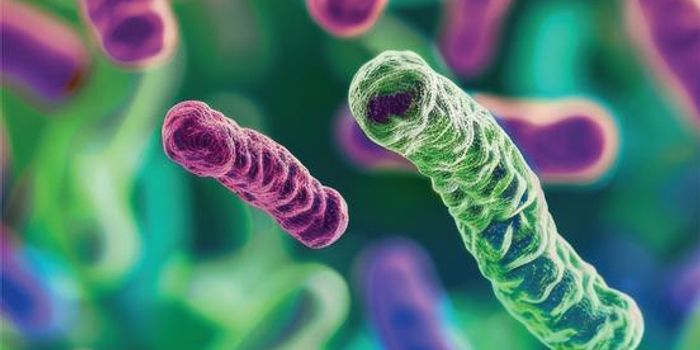Malaria killed about 440,000 people—mostly young children—last year, but a new drug candidate may help fight the disease.

Scientists are now ready to test the compound, which literally blows up malaria parasites in the blood stream, in people, says Spencer Knapp, a chemistry professor at Rutgers University.
“That’s actually a very exciting development. The drugs that are out there are starting to encounter resistance, so this is a new drug candidate just now entering trials. We don’t know how effective it will be yet in humans.”
The compound, code-named SJ733, works in a new way, says Knapp, who first prepared the chemical in his lab. It binds to a malaria parasite protein that serves as a sodium (salt) pump. The pump is designed to get rid of sodium, but the compound blocks or interferes with the protein, and sodium ions build up. That allows water to rush in, blowing up the parasite inside human blood cells.
Malaria, a mosquito-borne disease, can make people very sick. Fever, chills, and flu-like illness are common symptoms, according to the US Centers for Disease Control and Prevention. More severe cases of malaria can lead to seizures, coma, severe anemia, acute respiratory distress, kidney failure, and other problems.
The United States was deemed malaria-free in 1949, according to the CDC. But last year, an estimated 214 million people worldwide contracted malaria, according to the World Health Organization. The scourge is particularly lethal to children under five, who accounted for 70 percent of the roughly 440,000 deaths.
Africa is essentially ground-zero for malaria. Last year, 88 percent of malaria cases and 90 percent of deaths linked to the disease were there.
The good new is malaria cases and deaths have dropped significantly in recent years. Between 2000 and 2015, new malaria cases fell 37 percent globally and 42 percent in Africa. Malaria death rates plunged by 60 percent globally and 66 percent in Africa.
Three key reasons are greater use of insecticide-treated mosquito nets, indoor spraying and artemisinin-based combination therapies. The latter medicines are very effective against P. falciparum, the deadliest and most common malaria parasite.
Large amounts of SJ733—4 kilograms or 8.8 pounds—were synthesized by contract for the clinical trials. The compound has been tested successfully in preclinical safety studies, with no side effects detected so far. “There are plenty of compounds that don’t make it through animal studies, but ours has made it through,” Knapp says.
The clinical trials could last as long as two years. During phase 1, SJ733—in the form of pills—will be given to healthy volunteers to assess the safety and pharmacokinetics of the compound. Pharmacokinetics are how drugs are absorbed, distributed, metabolized and eliminated by the body.
Then SJ733 would be tested in two phases of human malaria studies to find out if it works and if it’s safe.
“The thing about malaria is that really, really poor people have it, so the medicine has to be very inexpensive,” Knapp says. “We think that ours is going to be inexpensive.”
Rutgers is co-holder, with St. Jude Children’s Research Hospital in Memphis, Tennessee, and Medicines for Malaria Venture in Geneva, of a pending US patent.
Source:
Rutgers University
This article was originally published on
futurity.org.









